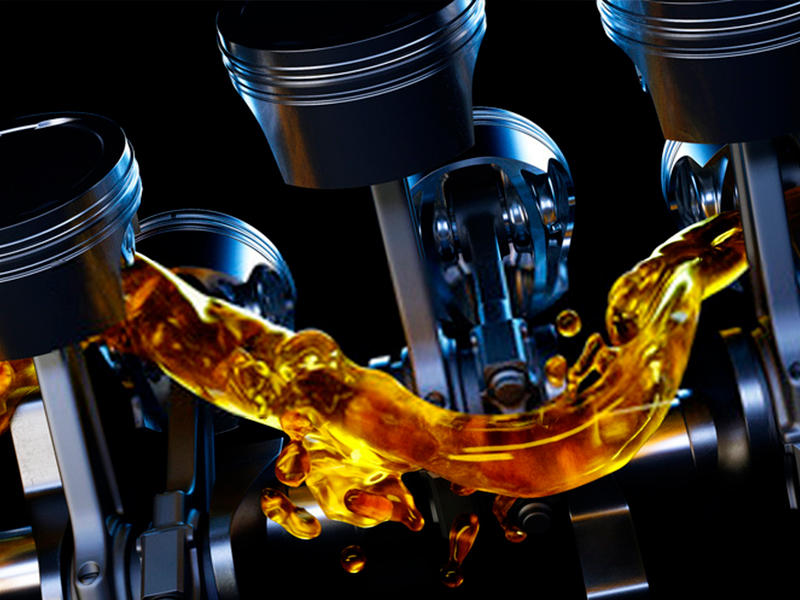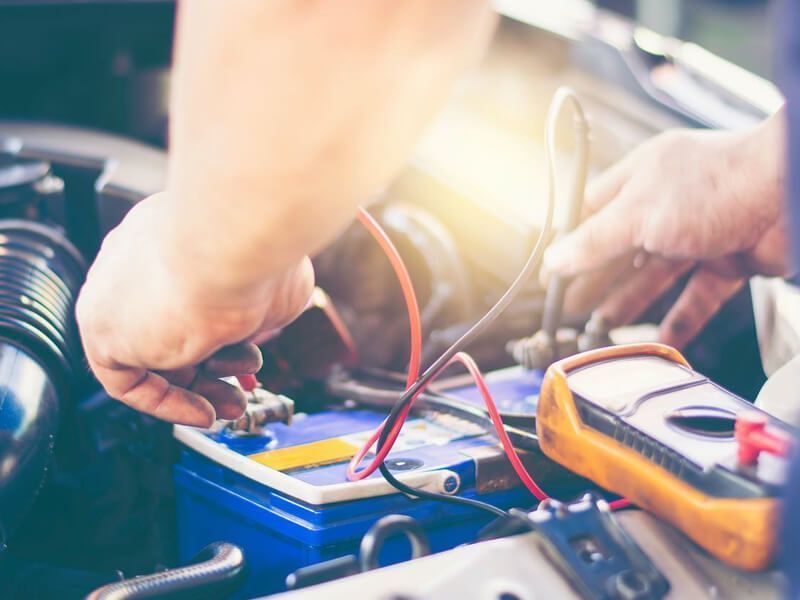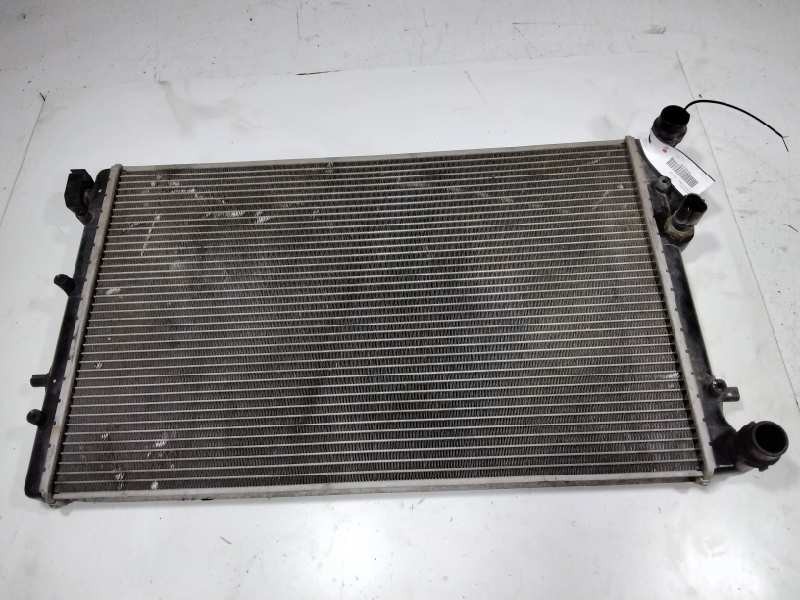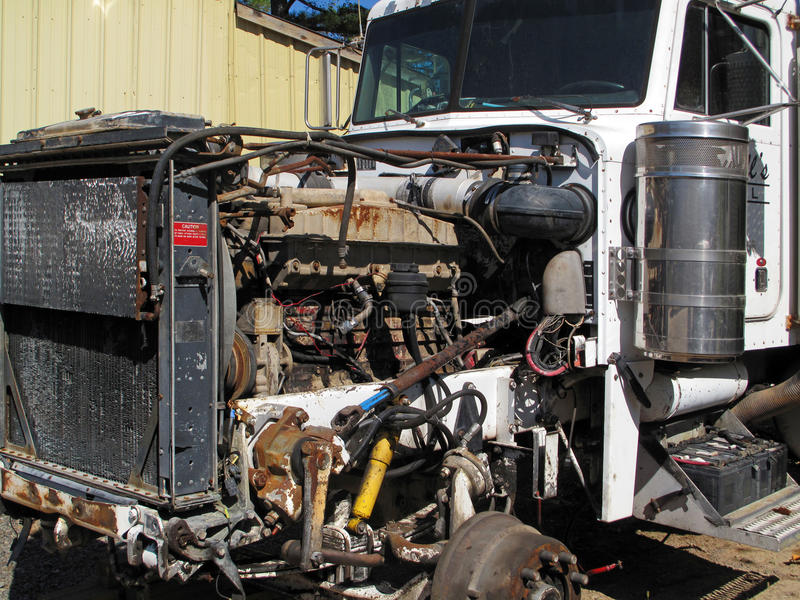
As a truck or trailer owner, ensuring the safety of your vehicle and everyone on the road should be your top priority. One crucial aspect of vehicle safety is the condition of your brakes. The brakes play a vital role in bringing your vehicle to a stop efficiently and effectively. However, they undergo wear and tear over time, requiring regular maintenance and repairs. In this blog, we will discuss the signs of brake wear and when it is necessary to seek repairs.
Squeaking or Grinding Noises
One of the most common signs of brake wear is squeaking or grinding noises when applying the brakes. This can indicate that the brake pads have worn down to the point where the metal is coming into contact with the rotor. Ignoring these sounds can lead to further damage to the braking system and compromise your ability to stop safely.
Your salvation on the road. Explore our fast 24/7 repair services here.
Reduced Brake Responsiveness
If you notice that your brakes are not as responsive as they used to be, it could be a sign of brake wear. You may need to apply more pressure to the pedal or experience a delay in the braking response. This can be caused by worn brake pads, a leaking brake line, or air in the brake system. Seeking immediate repairs is crucial to prevent accidents and maintain optimal braking performance.
Vibrations or Pulsations
When you apply the brakes, if you feel vibrations or pulsations coming from the brake pedal or steering wheel, it may indicate a problem with the brake rotors. Warped or unevenly worn brake rotors can cause these vibrations, affecting the smooth operation of the brakes. Getting the rotors inspected and repaired promptly is essential to ensure safe braking.
Warning Lights
Modern vehicles are equipped with advanced brake systems that have sensors to monitor brake wear. If the brake wear sensors detect that the brake pads are worn beyond a safe limit, it will trigger a warning light on your dashboard. Pay attention to these warning lights and seek brake repairs immediately to prevent further damage to the braking system.
Trust the experts in roadside repairs. Call us in case of emergencies!
Longer Stopping Distances
If you notice that your vehicle requires a longer stopping distance than usual, it is a clear indication that your brakes are not functioning optimally. Worn brake pads, leaking brake fluid, or a malfunctioning brake system can all contribute to increased stopping distances. Don’t ignore this sign, as it puts you and others at risk on the road. Seek professional brake repairs to restore your vehicle’s stopping power.
Recognizing the signs of brake wear and knowing when to seek repairs is crucial for ensuring safety on the road. Ignoring these signs can compromise your ability to stop safely and put you at risk of accidents. By maintaining your brakes in optimal condition, you can drive with confidence, knowing that your vehicle is equipped to stop safely when needed.
To get more information about us, follow us on Facebook and Instagram. Or call us right now for a road service on: repairtrucktrailer.com









